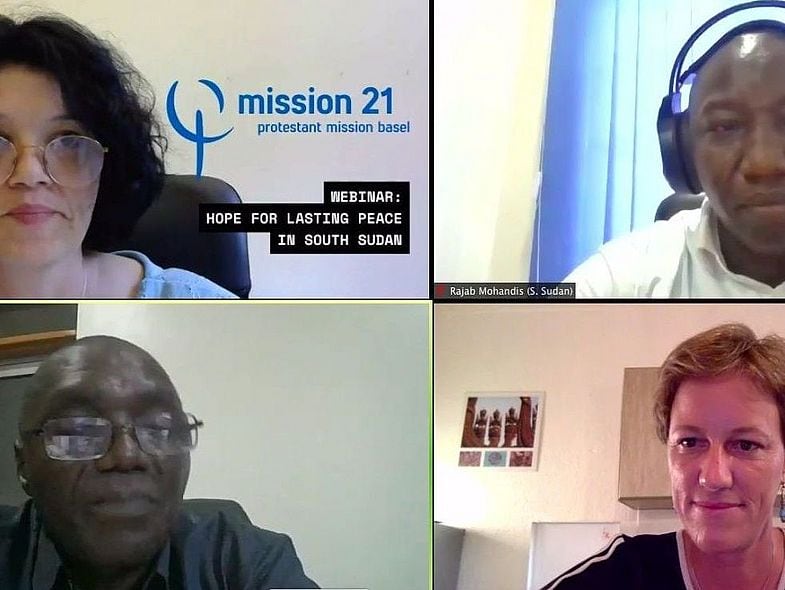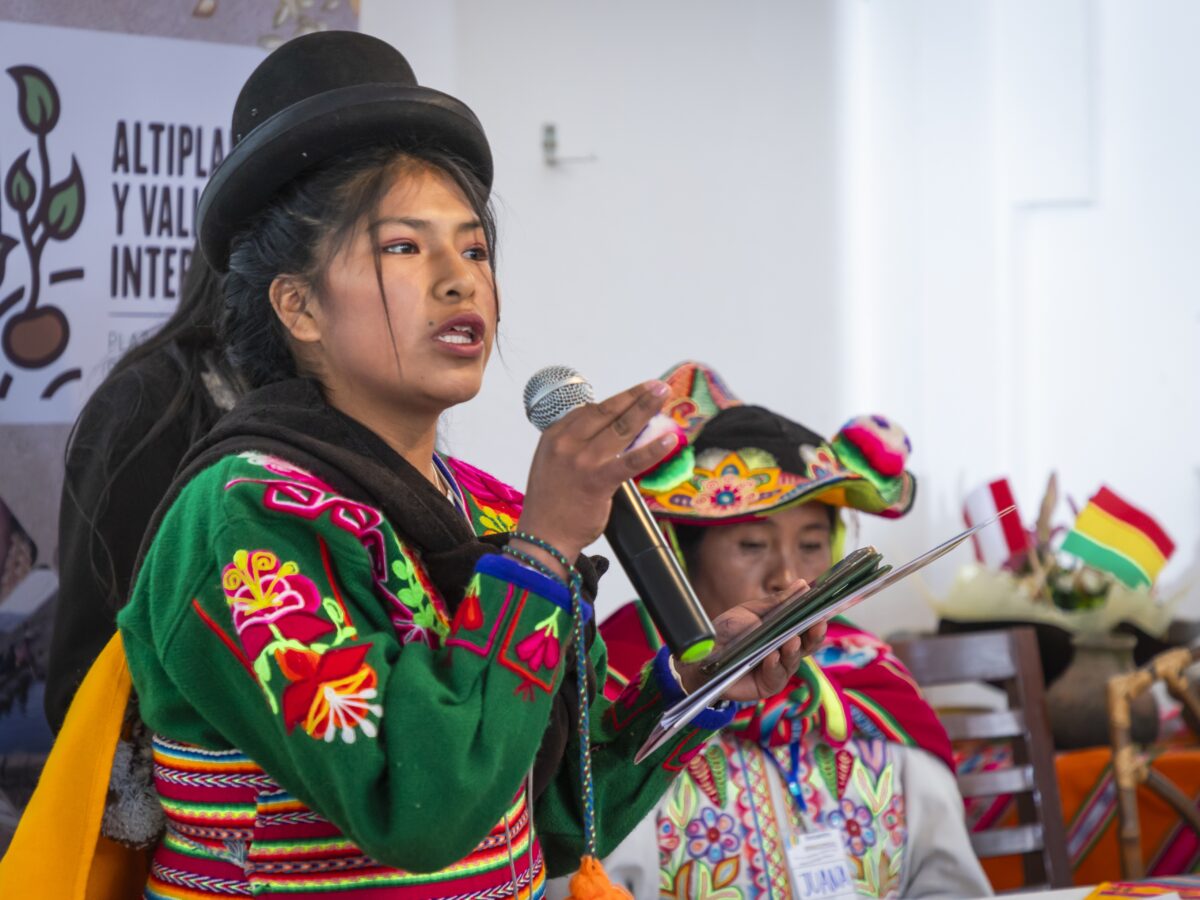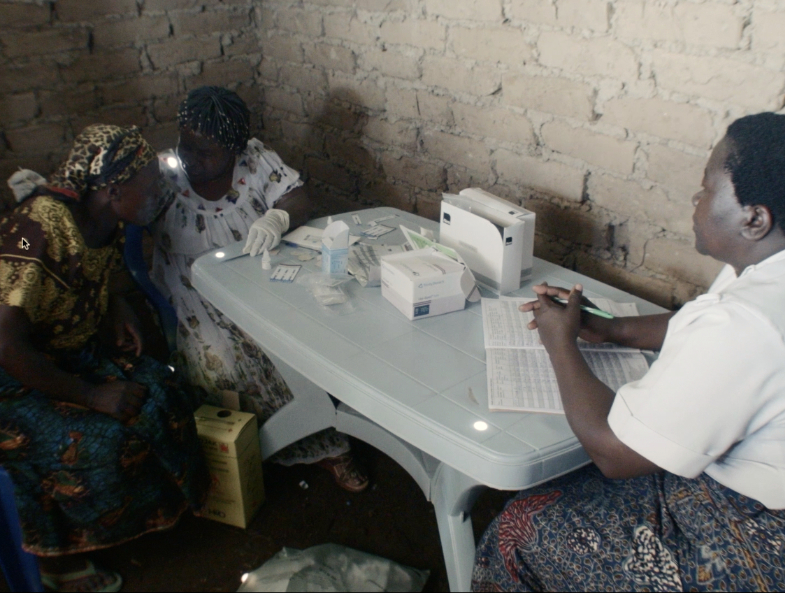Two years ago, the civil war in South Sudan was declared over. But the current level of violence, especially along ethnic lines, is "worrying," said Joane Holliger, Switzerland's human security adviser in South Sudan. She was a speaker on Mission 21's webinar, along with two key players in the ongoing peace process who also joined from Juba: James Oyet Latansio and Rajab Mohandis.
James Oyet Latansio, also known as Father James, is secretary general of the South Sudan Council of Churches (SSCC)with which Mission 21 has been Peace and reconciliation projects in South Sudan working closely together. Rajab Mohandis is Executive Director of the Organization for Good Governance (ORG) and Coordinator of the South Sudan Civil Society Forum. He is a co-signatory of the current peace agreement and has an observer role in its implementation.
The economy is down, people are starving
But why is peace in South Sudan so elusive, why does violence continue? The three guests on the online panel largely agreed that the practical implementation of the peace agreement negotiated in 2018 is moving too slowly. "The content is good, the implementation is faltering," Mohandis said. "The economy is down, people are struggling with the aftermath of natural disasters and with their war traumas," Father James said. "They are hungry and they are desperate. So it's very hard to break out of the cycle of violence."
Father James, General Secretary of the South Sudan Council of Churches: "Many of us were born in the war, we all have experienced the war and I may die in the war. Nevertheless, I keep the hope of experiencing peace."
Violence is too present in everyday life
Rajab Mohandis said that in a survey conducted in June, 86% of the people interviewed in South Sudan expressed no hope for a successful implementation of the peace process. While there have been small improvements, he said, violence, rape, and abductions are too present in people's lives.
Rajab Mohandis, co-signer of the current peace agreement: "Political leaders must better communicate with the population to publicize the contents of the peace agreement."
Politicians fuel conflicts
"It is up to the political leadership to properly communicate the contents of the agreement," Mohandis said. But that is precisely where the problem lies. Although a national unity government has been formed, functioning structures are lacking at the municipal level. In addition, he said, communication among the political elite is inadequate. Conflicts tend to be fueled in order to gain supporters rather than to convey the idea of sustainable peace. There is still a long way to go here, he said, and civil society organizations and the church are strongly called upon and challenged. "We are making great efforts to reach out to the people and also to establish contact between the political elite and the population," Mohandis said.
Reconciliation as a core element in the peace process
One of these efforts, supported by the Swiss Department of Foreign Affairs (DFA) and Mission 21, is the Action Plan for Peace. It was initiated by the SSCC and led by Father James. The Action Plan has four pillars: capacity building, i.e. the transfer of skills; advocacy, i.e. advocacy for peace; neutral forums in which a dialogue between conflict parties can take place; and reconciliation and trauma healing.
Joane Holliger, Switzerland's Human Security Advisor in South Sudan: "Trauma recovery and reconciliation are critical for sustainable peace."
The latter is enormously important, Joane Holliger and Father James stressed. "There is too much hatred, revenge and trauma in the country. To forgive someone who has killed one's own relatives is infinitely difficult," said Father James. Nevertheless, it is necessary to work in this direction, both with victims and with perpetrators, in order to come to terms with the violent acts of the past and the present. The fact that this can succeed is shown by concrete examples reported by Father James. The Church is an important actor in this process, he said, "because people still trust us, while they have lost trust in other institutions and the government." Members of the government and administration, he said, are too concerned with their own advantage instead of really advancing the work for peace. That weakens their credibility, he said.
The hope for peace remains
Education, he said, is also an important part of the peace process (read here more on Mission 21's education projects in South Sudan). "We want to achieve a change in South Sudan, away from a narrative of war to one of peace." This, he said, is only possible with education. And with hope, Father James said, "Many of us were born in war, we have all experienced war, and I may die in war. Yet I retain the hope of experiencing peace."
Help us!
Help support this hope and make the dream of peace a reality. Support the peace and reconciliation work in South Sudan and become part of our Campaign!
Text: Miriam Glass, Mission 21
► Support Mission 21 campaign for education and peace in South Sudan










